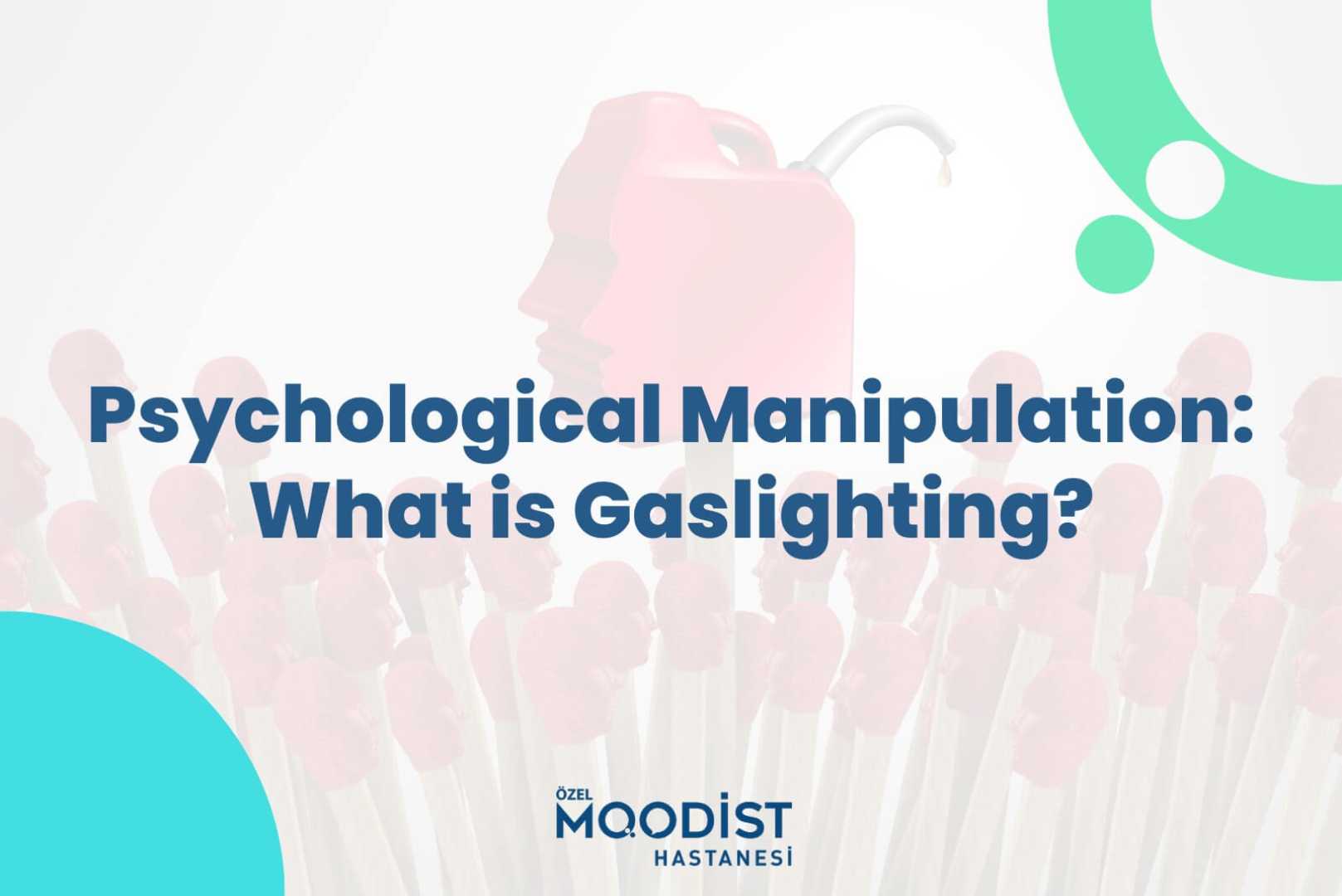Health
Understanding Gaslighting: Definition, Examples, and Psychological Impact

Gaslighting is a form of psychological manipulation and emotional abuse that has gained significant attention in recent years. The term originates from the 1944 film ‘Gaslight,’ where a husband attempts to drive his wife insane by manipulating her perception of reality.
According to psychologists, gaslighting involves a deliberate and systematic effort to feed false information to the victim, leading them to question their own memory, perception, and sanity. This behavior is not just a one-time incident but a repeated pattern designed to control and manipulate the victim. Ahona Guha, D.Psych, emphasizes that gaslighting is characterized by a pattern of behavior that is usually intentional and malicious, such as telling someone they are over-reacting or that their memory is faulty.
The Merriam-Webster definition describes gaslighting as “the act or practice of grossly misleading someone, especially for one’s own advantage.” However, psychologists like Robin Stern, Ph.D., caution that this definition has been broadened and oversimplified. Stern explains that gaslighting is distinct from mere disagreements or attempts to persuade someone; it involves a power imbalance and a consistent effort to undermine the victim’s sense of self.
Gaslighting can occur in any relationship and is often marked by verbal aggression and outright lies. The gaslighter may use statements that belittle the victim’s memory or sanity, such as “Are you crazy? I never said that—must be early memory loss,” or “OMG—fantasy land as usual. Can’t you remember anything?!” These tactics are designed to make the victim doubt their own reality and adopt the gaslighter’s version instead.
It is crucial to distinguish gaslighting from normal conflicts or disagreements. Conflicts can escalate into gaslighting if one person insists on their viewpoint to the point where the other starts to doubt themselves. However, not all conflicts or strong opinions constitute gaslighting unless they involve the specific elements of manipulation, control, and a power imbalance).












